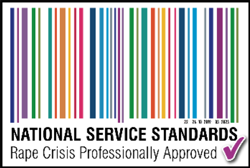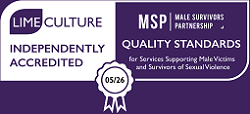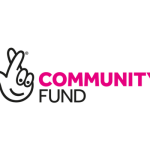Supporting a Survivor
Finding out that somebody you know or love has experienced rape or another form of sexual violence or abuse can feel really hard. It can be really difficult knowing what to do or say.
You might be the first person they have ever told and how you respond can make all the difference. Know that by being there, listening to them and believing what they say, you’re already helping.
We have written some helpful advice to help you respond in the best way to the people you care about.
Good ways to respond…
Listen
Listen to them. What they are saying might be really difficult to hear, but listening to them can help them to know that they are not alone in this.
Active listening, nodding, looking at them, repeating parts of what they have said, help them to know that you are listening to them and are understanding what they are saying.
Believe
Believing what they are telling you is very important. It rare that anybody lies about having been sexually abused. Knowing that they are believed is really important.
Remember, you might be the first person they have told about this. Not believing them can make it more difficult for them to tell anybody else or get help.
Recognise
It will have been really difficult for them to tell you about what has happened. They might have been really worried about how you would respond. Sometimes people are made to feel guilty for what happened to them or that they were somehow to blame. Talking to you needs a lot of trust.
It is okay to let them know that you understand how difficult this first step has been.
Let them stay in control
Experiencing sexual violence or abuse can make a person feel powerless or that they don’t have the right to make choices about what happens to them. Letting them stay in control and listening to their decisions can really help.
If the person speaking to you is a child or a young person, it will be important for you to get further support and advice. In Nottingham/shire the local service is the East Midlands Children’s and Young People’s Sexual Assault Service. You can find their details here. You can also talk to our helpline to help process your feelings.
Know about the support available
If the assault has happened recently, it can be really helpful to know about the specialist health services available. A Sexual Assault Referral Centre (SARC) can provide early support to ensure that any injuries or concerns about infections or contraception can be dealt with. Staff at the SARC can also help them decide whether or not they would like a forensic examination. Any evidence taken can be stored securely by the SARC, so that your friend can decide at a later date if they want to report what happened.
Notts SVSS can also provide support – our contact details are on our website. The 24/7 Rape and Sexual Abuse Support Line can provide support via a helpline (0808 500 2222) or online chat via their website. It can be really helpful to support the person close to you by sitting with them while they make a call to a helpline.
The Your Journey guide provides information about support and reporting opportunities available, no matter when the abuse happened.
Respect their boundaries
It is important to respect their boundaries. Try not to push them to tell you more than what they are comfortable with. If they don’t want to contact a service for support, that is also okay.
You might want to hug them but make sure that you check with them first. Talking about abuse can make a person feel very vulnerable. They might really want a hug or they might not want any physical contact at all. Try not to take their choices personally or get upset – it is not about your but about what happened to them.
If it’s your partner who’s experienced abuse they might find intimacy or sexual contact difficult. This can be true whether it happened recently or in the past. There is no timeline for ‘getting over abuse.’ It is important that you listen to them and respect their choices. Our helpline can help you to work through any feelings you have.
And here are a few things to avoid…
Don’t ask them why they didn’t say anything sooner
There can be lots of reasons why they didn’t say anything sooner. They might have been worried about how you would respond, especially if the person is known to you both. They might have been threatened by the perpetrator. They might feel ashamed, worried or guilty or that they might be blamed for what happened.
Sometimes talking about the abuse can make it seem more ‘real.’ Telling you what happened is a really big step.
Don’t judge them
They might feel worried that they somehow made the abuse happened. This can be especially true if they were drunk, had taken drugs, were wearing certain clothes or were out late a night.
If they experienced abuse in a relationship, they might feel they should’ve stopped things sooner, or perhaps it wouldn’t have happened if they…
It is really important to remember that 100% of the blame, shame and responsibility lies with the perpetrator. All victims and survivors deserve support no matter when or how it happened.
Don’t ask them why they didn’t fight back
We often think that if we were in this situation, we scream or fight back. It is very common for people who are experiencing a rape or sexual violence to find that they cannot move or speak. This is one of the body’s automatic responses to fear.
Sometimes a victim-survivor might actually know what is happening, but be scared or manipulated into being quiet.
If the victim or survivor didn’t consent or were too frightened to say ‘no’ then what happened was sexual violence or abuse.
Don’t get angry
It is normal to feel angry or upset about what happened. But if you get angry or make threats against the perpetrator, this can make things more difficult for the person close to you. They might feel responsible for upsetting you, or they might try and retract or explain away what they said, to try and stop things escalating. These feelings can make it more difficult for them to take any next steps.
Don’t tell anyone else without their permission
As we’ve already mentioned, it can take a lot of trust for a person to talk about the rape or sexual violence they have experienced. It is important not to break that trust by telling someone else without their permission.
The only exception would be if that person is a child or young person, or you are genuinely worried about the safety of your friend or a child or young person known to them or the perpetrator.
If you are worried, it can help to express this to the person close to you, saying that you are concerned about… and then suggesting you phone a helpline together for more support.
Support for you
It can be very hard hearing that somebody close to you has experienced sexual violence or abuse. You might be worried if there is something you should be doing or if you responded in the right way. If the person is a partner or somebody you care about deeply, you might have lots of your own questions or feelings that you need to talk about. Getting support with your own emotions can then help you to support the person close to you.
You are welcome to call our helpline or make a self-referral for support for yourself during this time. Our details are on our website. Alternatively, you can get support and advice from the 24/7 Rape and Sexual Abuse Support Line helpline (0808 500 2222) or online chat via their website.






